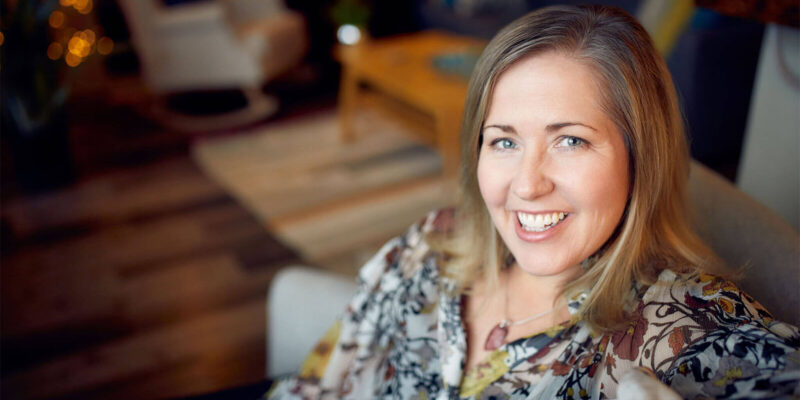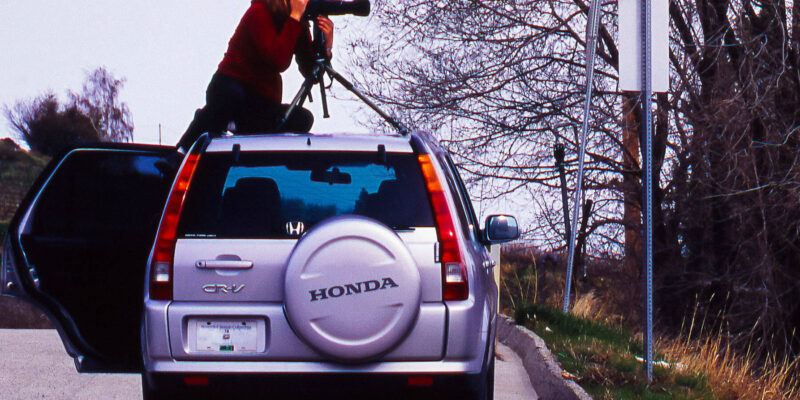How the world has changed due to the Coronavirus!
I’m grateful we were able to complete our trip to Hawaii before the Coronavirus crisis spread like the virus itself. Since it’s widely known that I’ve been traveling, everyone I speak with is asking how I’m feeling.
Physically, it’s so far so good on the flu-like symptom front. If I get through this first potential round of exposure unscathed it will be a positive development over previous trips. The last couple of times I came home from vacation, I became super sick. This time, all I’ve caught is a case of chapped hands. I’m a convert to washing my hands more often than I ever have in the past.
This week I’ve been asked not to attend a small networking meeting, made one trip to the grocery store, and kept one personal self care appointment.
Mentally and emotionally, I’m on the roller coaster ride, just like everyone else. The world I came home to is not the world I left. The uncertainty introduced into every system, business, household and family is a real thing. I’m concerned about my elderly mother, aunts and uncles. I’m concerned about my son, living on the other side of the country. I’m concerned about my my business. I’m concerned for my clients and friends, most of whom have their own businesses.
Synchronous challenges in an uncertain world
Everyone has challenging times and faces these concerns, but it usually happens on our individual timeline, and doesn’t reach into every aspect of our lives. It’s all of us at the same time. We are synchronized in this challenge, and it’s not the kind of synchronicity we are looking for. I am hopeful that the expression “We are all in the same boat” will evolve to “We are all on the same planet.”
I think it’s appropriate to be concerned. I also think it’s a moral responsibility to discern and pay attention to FACTS. And I believe it’s possible to be concerned and still be positive, hopeful, and of service.
For the past nine weeks, I have met with the 2020 cohort of the Winter of Self Care. This morning I brought a list of “Dos for Uncertain Times,” and together we made a list of “Don’ts”. We went through them together and had a productive and reassuring time together. There was even laughter.
From this morning’s session, here are three strategies you can use to support yourself in an uncertain world:
1. Maintain or create connection and community.
This morning’s gathering was an immediate example of why connection and community is important. We spoke about how we are each affected, asked each other questions, and everyone had an opportunity to express their thoughts, and come up with ideas and possible solutions to questions that were relevant to them. In voicing our challenges they are neutralized, freeing up our energy and attention to be creative and resourceful.
2. Manage your mental inputs
Every museum has a curator who decides what gets in the museum’s collection for preservation and display. We can treat our minds like the most precious museum there is. Because our thoughts are going to hang around and be on display, we must check our information sources. Social media can be a means to bring us together, but it can also distract us from what’s most important and tear us apart from the inside out. Set limits and practice discernment and your collection of thoughts will be more valuable.
3. Become more aware and amp up your self care.
Our mission as adults in this world has changed. We each must become a leader and agent of change. Your people are looking to you – your kids, your clients, your parents, patients, neighbors, fellow citizens.
The simplest things can create the biggest effect. I’ve seen a number of people exclaiming how they didn’t realize how often they touch their face, so I know it’s not just me. The experts are telling us that the impact this simple self awareness has the potential to save lives.
Awareness and self care don’t stop there. With the increase of stress and the disruption to our daily routines, we need new routines to maintain civility, patience and kindness. And for most of us, it literally is starting at home.
Over the next several days I will share from the rest of the Dos and Don’ts. In the meantime, here’s one practical thing you can do right now:
Pick up the phone and and call a peer. Before you launch in, create what coaches call “permission space” to have a candid conversation. It’s not just about whether it’s a good time to speak, or to have a busy competition. Ask their permission. “May I speak to you as a peer?” are some of the most respectful and complementary words you can give or receive.
And remember to make time to ask them how they are.
I wish you and your loved ones health and wellness.
Laura



